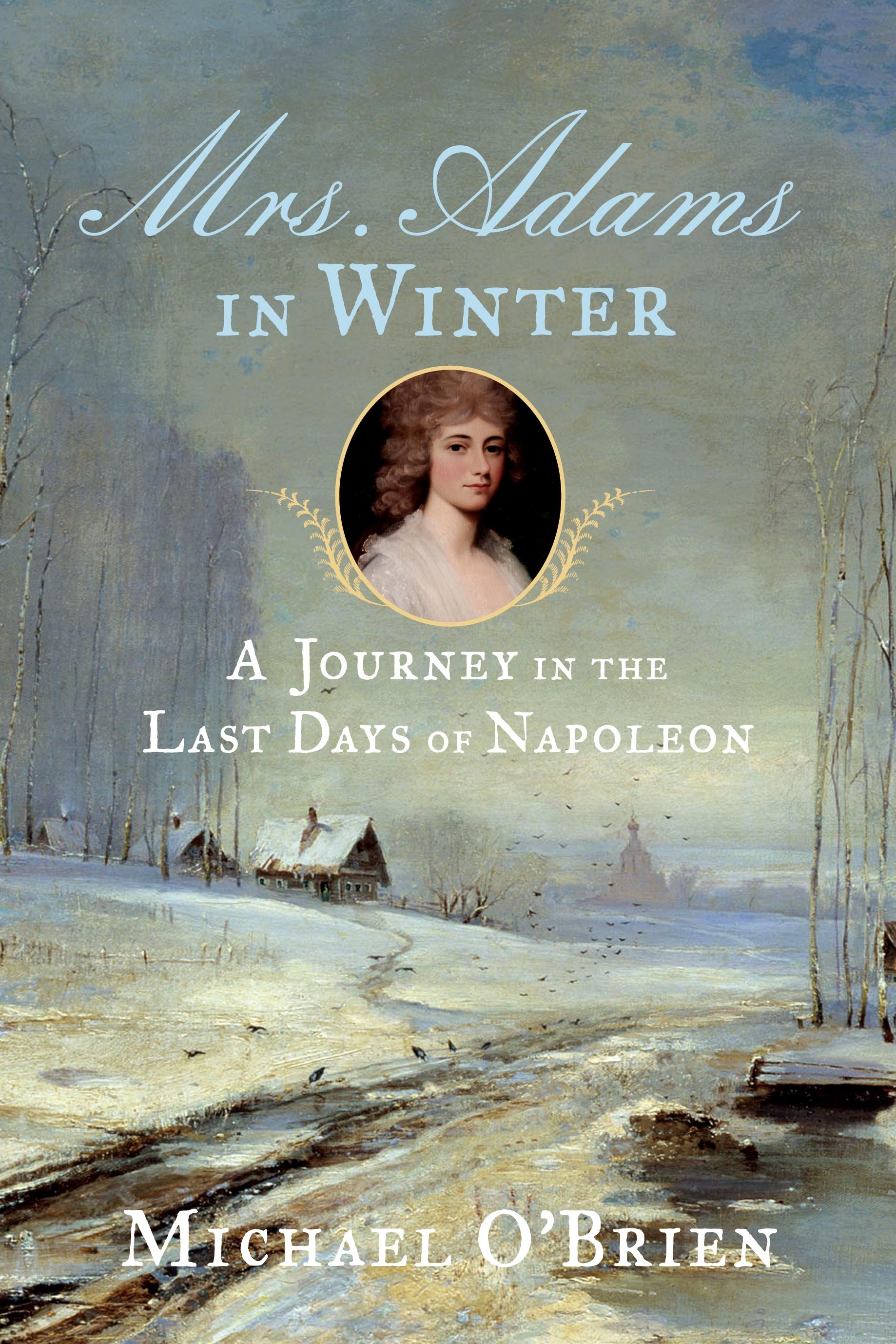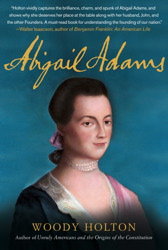By Jeremy Dibbell
The MHS awards a wide variety of research fellowships each year, and I’m happy to be able to pass along the list for the 2010-11 season. Please pardon the lengthy list. For more information about each type of fellowship, click the link in the heading. We look forward to welcoming back longtime friends and meeting new ones from among this exciting group.
MHS-NEH Long-Term Research Fellowships:
Rachel Van, Columbia University, Free Trade and Family Values: Kinship Networks and the Culture of Early American Capitalism
Joanne van der Woude, Harvard University, American Aeneids: Conquest and Conversion in Poetry from the Americas
Suzanne and Caleb Loring Research Fellowship (with the Boston Athenaeum):
Peter Wirzbicki, New York University, Black Intellectuals, White Abolitionists, and Revolutionary Transcendentalists: Creating the Radical Intellectual Tradition in Antebellum Boston
New England Regional Fellowship Consortium (NERFC) Awards (with 16 other institutions)*
Thomas Adams, Tulane University, The Servicing of America: Service Work, Political Economy, and the Making of Modern America
*Rachel Cope, Brigham Young University, Drops of Grace and Mercy: How Women Cultivated Personal Change through Conversion Processes
Christine DeLucia, Yale University, The Memory Frontier: Making Past and Place in the Northeast after King Philip’s War
Allison Elias, University of Virginia, Gendering the Problems of Working Women: Clerical Workers, Labor Organizing, and Second-Wave Feminism
Hayley Glaholt, Northwestern University, ‘Reversing the Chivalry of Christ’: Quaker Women Challenge the ‘Species Line’ of Pacifist Ethics
Jane Fiegen Green, Washington University St. Louis, The Boundary of Youth: Adulthood and Civil Society in Early America, 1780-1850
Yu-ling Huang, State University of New York at Binghamton, The United States and Reproductive Politics in Postwar East Asia: A Transnational Network of Demographic Knowledge, Contraceptive Technologies, and Population Control Policies
*Robert Mussey, ‘To Seek a Better Country’: A Biography of Richard Cranch and Family
*Nicholas Osborne, Columbia University, Little Capitalists: Savings Institutions in United States History, 1816-1941
Christopher Pastore, University of New Hampshire, From Sweetwater to Seawater: An Environmental and Atlantic History of Narragansett Bay, 1636-1836
*Joshua Smith, U.S. Merchant Marine Academy, Yankee Doodle Upset: New England’s Yankee Identity in the War of 1812
Peter Wirzbicki, New York University, Black Intellectuals, White Abolitionists, and Revolutionary Transcendentalists: Creating the Radical Intellectual Tradition in Antebellum Boston
* Note: Those names marked with a * will be conducting research at MHS through this award.
MHS Short-Term Research Fellowships:
Richard Boles, The George Washington University, Divided Faiths: The Rise of Segregated Northern Churches (African American Studies Fellowship)
Annie Rudd, Columbia University, The Performance of Everyday Life: A History of the Photographic Pose (Andrew Oliver Research Fellowship)
Anthony Antonucci, University of Connecticut, ‘When in Rome’: American Relations with the Italian States from Thomas Jefferson to Nathaniel Hawthorne, 1790-1860 (Andrew W. Mellon Fellowship)
Matthew Bahar, University of Oklahoma, The People of the Dawnland and Their Atlantic World (Andrew W. Mellon Fellowship)
Irene Cheng, Columbia University, Forms of Function: Self Culture, Geometry, and Octagon Architecture in Antebellum America (Andrew W. Mellon Fellowship)
Rachel Herrmann, University of Texas at Austin, Food and War: Indians, Slaves, and the American Revolution (Andrew W. Mellon Fellowship)
Sarah Keyes, University of Southern California, Circling Back: Migration to the Pacific and the Reconfiguration of America, 1820-1900 (Andrew W. Mellon Fellowship)
Susan Pearson, Northwestern University, Registering Birth: Population and Personhood in American History (Andrew W. Mellon Fellowship)
Nathan Perl-Rosenthal, Columbia University, Corresponding Republics: Private Letters and Patriot Societies in the American, Dutch and French Revolutions, ca. 1765-1792 (Andrew W. Mellon Fellowship)
Marc Selverstone, University of Virginia, Henry Cabot Lodge and the Withdrawal of American Troops from Vietnam (Andrew W. Mellon Fellowship)
David Silverman, The George Washington University, Thundersticks: Firearms and the Transformation of Native America (Andrew W. Mellon Fellowship)
Eric Hinderaker, University of Utah, Boston’s Massacre: Authority and Violence in the British Empire (Benjamin F. Stevens Fellowship)
Mary Kelley, University of Michigan, American Reading and Writing Practices, 1760-1860 (Malcolm and Mildred Freiberg Fellowship)
Marc-William Palen, University of Texas at Austin, The Cleveland ‘Conspiracy’: Mugwumpery, Free Trade Ideology, and Foreign Policy in Gilded-Age America (Marc Friedlaender Fellowship)
David Preston, The Citadel, Braddock’s Veterans: Paths of Loyalty in the British Empire, 1755-1775 (Massachusetts Society of the Cincinnati Fellowship)
Nora Doyle, University of North Carolina, ‘A Higher Place in the Scale of Being’: Experience and Representation of the Maternal Body in America, 1750-1865 (Ruth R. & Alyson R. Miller Fellowship)
Laura Prieto, Simmons College, New Woman: New Empire: 1898 and Its Legacies for Women in the United States (Ruth R. & Alyson R. Miller Fellowship)
Edward Hanson, The Papers of Robert Treat Paine (Paine Publication Fund Fellowship)
Brian Gratton, Arizona State University, Henry Cabot Lodge and the Politics of Immigration Restriction (Twentieth Century Fellowship)
Sara Damiano, The Johns Hopkins University, Financial Credit and Professional Credibility: Lawyers and Laypeople in New England Ports, 1700-1776 (W.B.H. Dowse Fellowship)
Neal Dugre, Northwestern University, Creating New England: Intercolonial Political Culture and the Birth of a Region in the Seventeenth-Century English Atlantic (W.B.H. Dowse Fellowship)
 We’ve recently acquired three wonderful new microfilm reader/scanners, and they’re receiving rave reviews from staff and readers alike (research fellow Matt Bahar, pictured here, has been making good use of one in recent days), and other library visitors have been tossing around some pretty impressive superlatives about them (by which I mean positive superlatives, which was not usually the case with the previous readers).
We’ve recently acquired three wonderful new microfilm reader/scanners, and they’re receiving rave reviews from staff and readers alike (research fellow Matt Bahar, pictured here, has been making good use of one in recent days), and other library visitors have been tossing around some pretty impressive superlatives about them (by which I mean positive superlatives, which was not usually the case with the previous readers).


 On Monday, 9 November, the MHS hosts the official launch of Woody Holton’s
On Monday, 9 November, the MHS hosts the official launch of Woody Holton’s  The 2009 volume of the
The 2009 volume of the